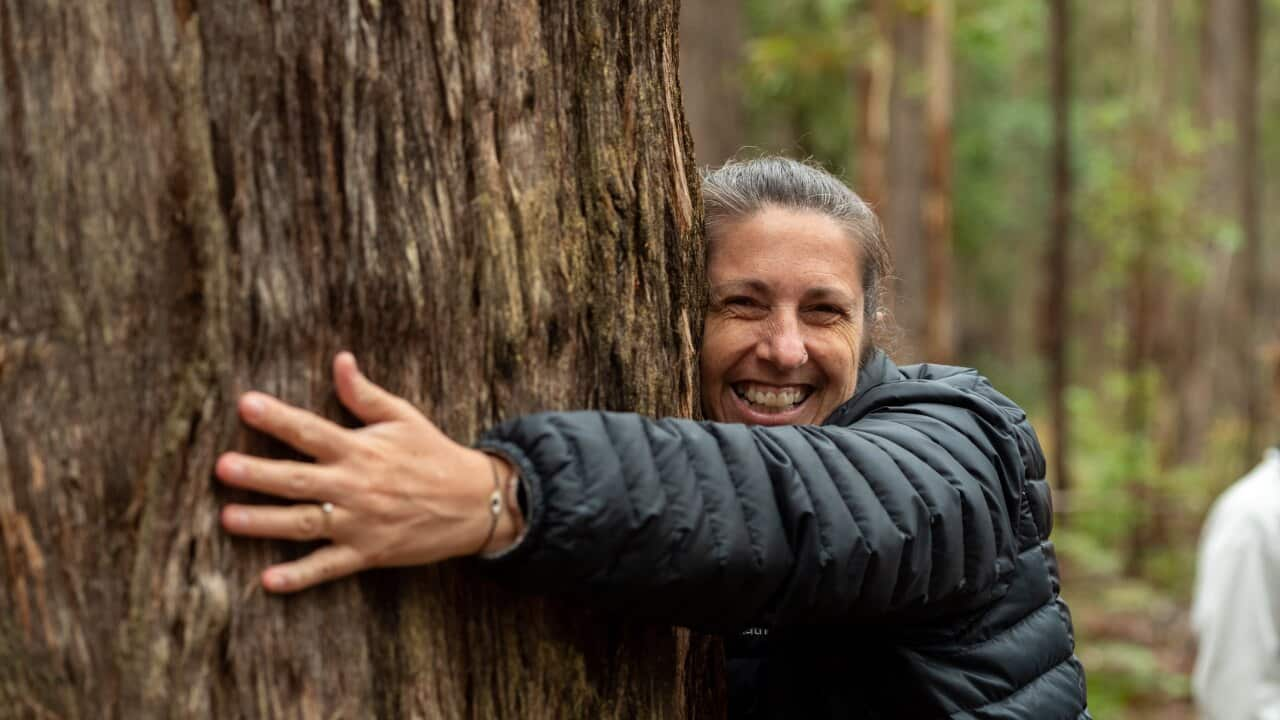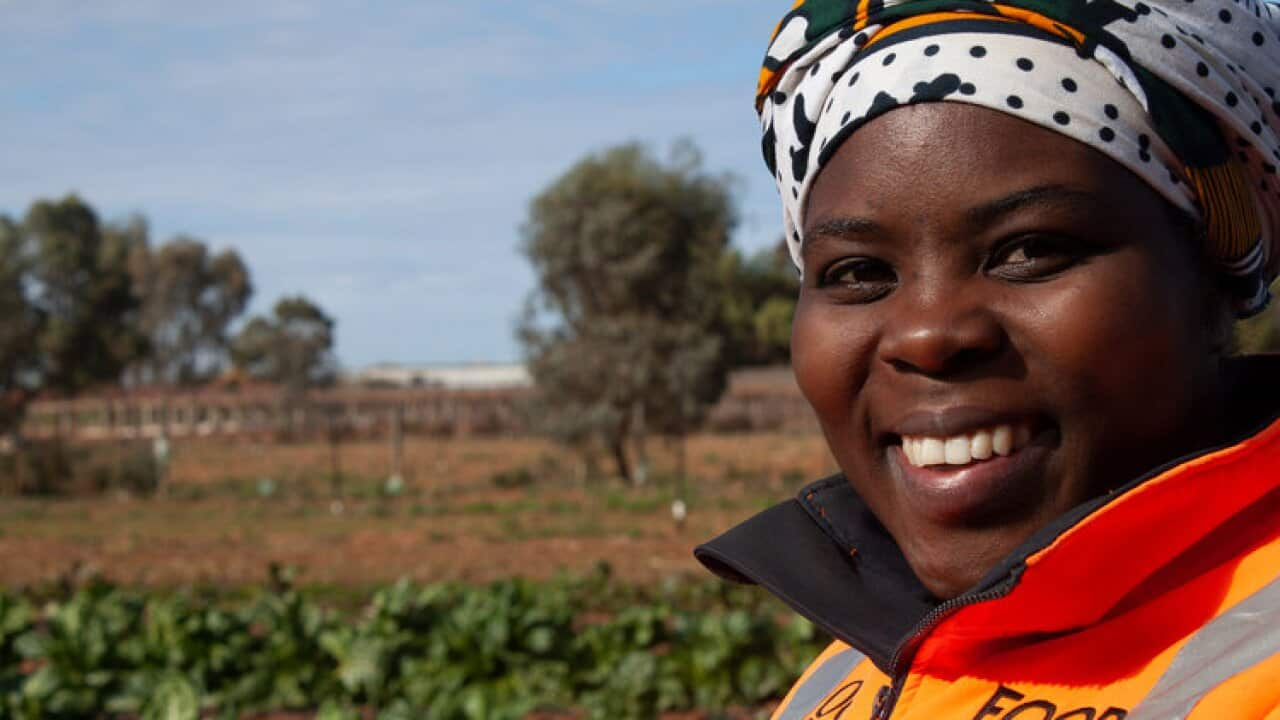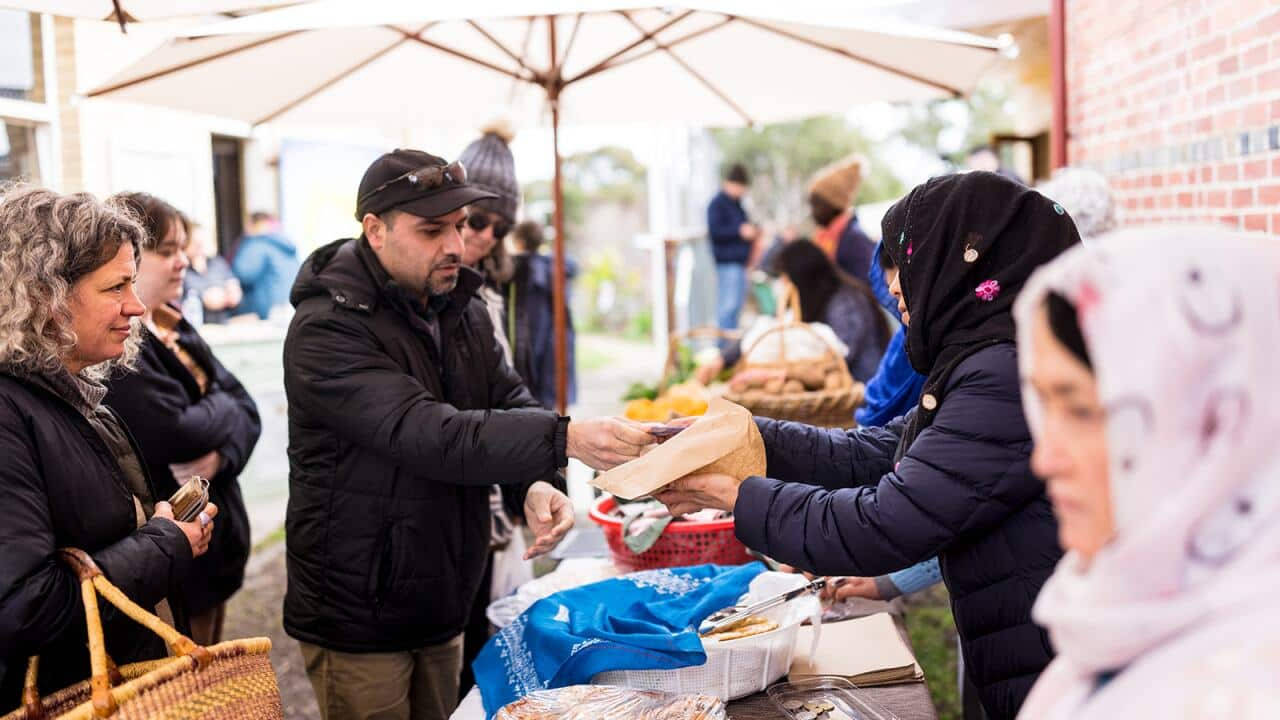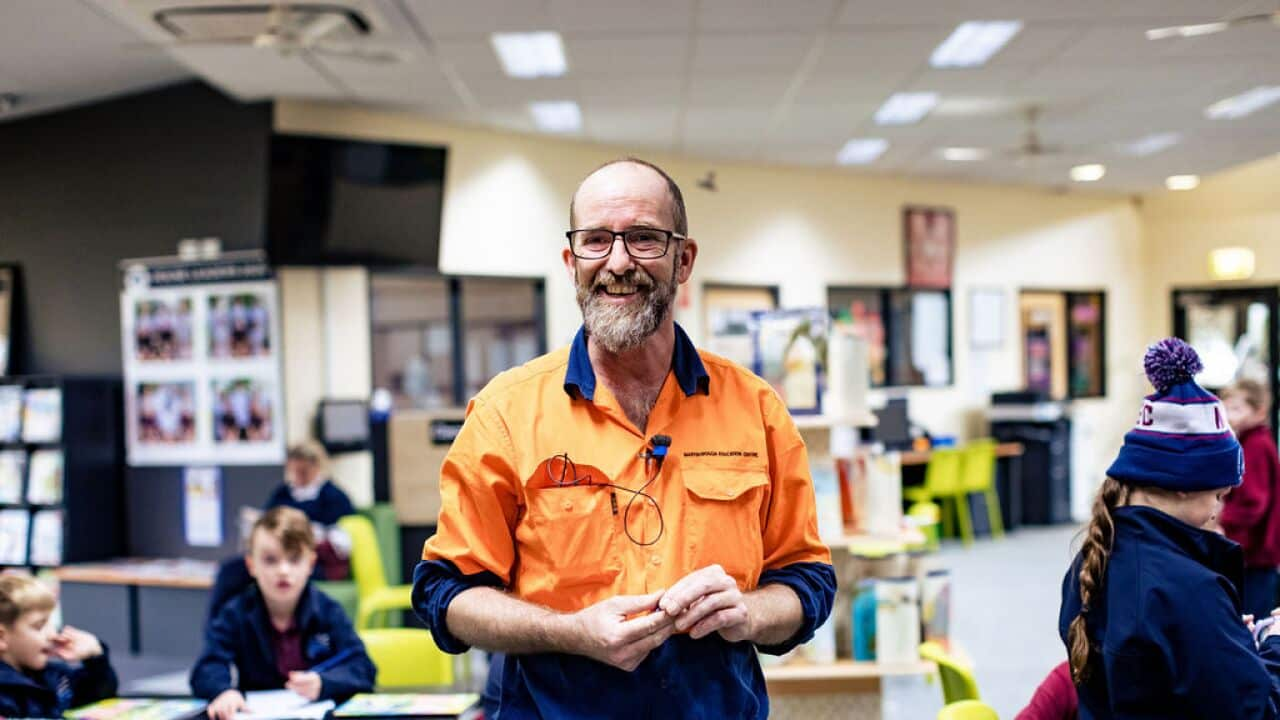Being more in tune with our environment can help us better understand and adapt to our changing climate. Taking inspiration from the stories shared in the podcast Everything We Need, here are some ways you can foster a deeper connection with your local environment.
- Take time to immerse yourself in nature
Spending time outdoors immersing yourself in nature through activities like hiking, camping, canoeing, birdwatching, or participating in nature walks is good for both mental wellbeing and physical health. Developing a deeper appreciation for the natural world and observing how ecosystems function and respond to environmental changes can help us connect in a positive way with the need to adapt to the changing climate. - Study up on Traditional Ecological Knowledge
Learn about time-tested First Nations knowledge, practices, and wisdom about caring for Country and living in harmony with the non-human world through books, films, lectures, presentations, podcasts, workshops, exhibitions and tours. First Nations perspectives from around the world provide valuable insights into holistic thinking, being an environmental custodian and building resilience to climate impacts. - Learn about the principles of Regenerative Design and Permaculture
Permaculture and regenerative design principles are based on patterns that occur in nature and emphasise interconnectedness and holistic thinking. By learning about these principles, you can develop a deeper understanding and appreciation of the complex relationships between humans, ecosystems, and the environment. - Get into your garden
Observe your non-human neighbours and make your garden a haven for wildlife by providing water and protection for the animals and insects. Support invertebrate life forms by reducing night lighting, not using leaf blowers, keeping grass long-ish and replacing lawns with gardens. Never use herbicides or insecticides and make sure any bare earth is covered with mulch or green manure. - Discover the wonders of healthy soil
You don’t need to go to a forest or a reef to appreciate and support biodiversity and healthy landscapes - a microbial universe populated by billions of life forms right under your feet! Good soil is the foundation for a thriving, living world. Connect with the soil universe by finding out about it, testing your soil, composting your food scraps, buying chemical free/organic fresh food and advocating for policies and actions that support healthy soil. - Support biodiversity in your neighbourhood.
Connect with your neighbours and consider how your combined patchwork of properties can better serve the needs of the flora and fauna living amongst you. Wildlife corridors or ‘biolinks’ connecting and expanding habitat don’t have to be large tracts of land. What kind of habitat does your neighbourhood provide to a local bird, reptile or insect and how and how does it link up with the surrounding landscape - can you work together and find ways to improve it? - Become a citizen scientist
Help collect data about the natural world for a research organisation. It’s an opportunity to make a valuable contribution to scientific research, conservation and environmental monitoring while learning to see the world through a different lens and deepening your understanding of science and nature. Some examples of citizen science projects include , , , , , . - Get involved in Ecological Restoration Projects
Volunteer to help out on ecological restoration projects such as reforestation, wetland restoration, or habitat enhancement. You can join or start a group in your community focused on regenerating a local site. Participating in regular and ad hoc tree planting events, shoreline cleanups, or native plant restoration efforts is one way to actively help restore ecosystems, sequester carbon, and enhance resilience of natural landscapes to climate impacts. - Learn about the Country you live on
Set out to discover the story of the place where you live and recognise the Traditional Owners who are its custodians. Expanding your knowledge of how where you live has changed over time can help you to better understand what it needs to survive and thrive — as well as give you a stronger sense of place and belonging. Learning about the impacts of colonisation and acknowledging the Traditional Owners emphasises their rights and responsibilities as custodians of the land — and is essential for building inclusive, culturally sensitive and effective climate change strategies. Start by acknowledging Country and Traditional Owners at meetings and events, joining ‘friends of’ groups, researching the Indigenous history of your area, and supporting local initiatives such as .
LISTEN TO

Turning Wrong Way Climate Right Way: a First Nations response to climate change in Central Victoria
SBS Audio
19/05/202422:40
is a podcast about how regional Australian communities are learning to survive and thrive in a changing climate.
More from 'Everything We Need'
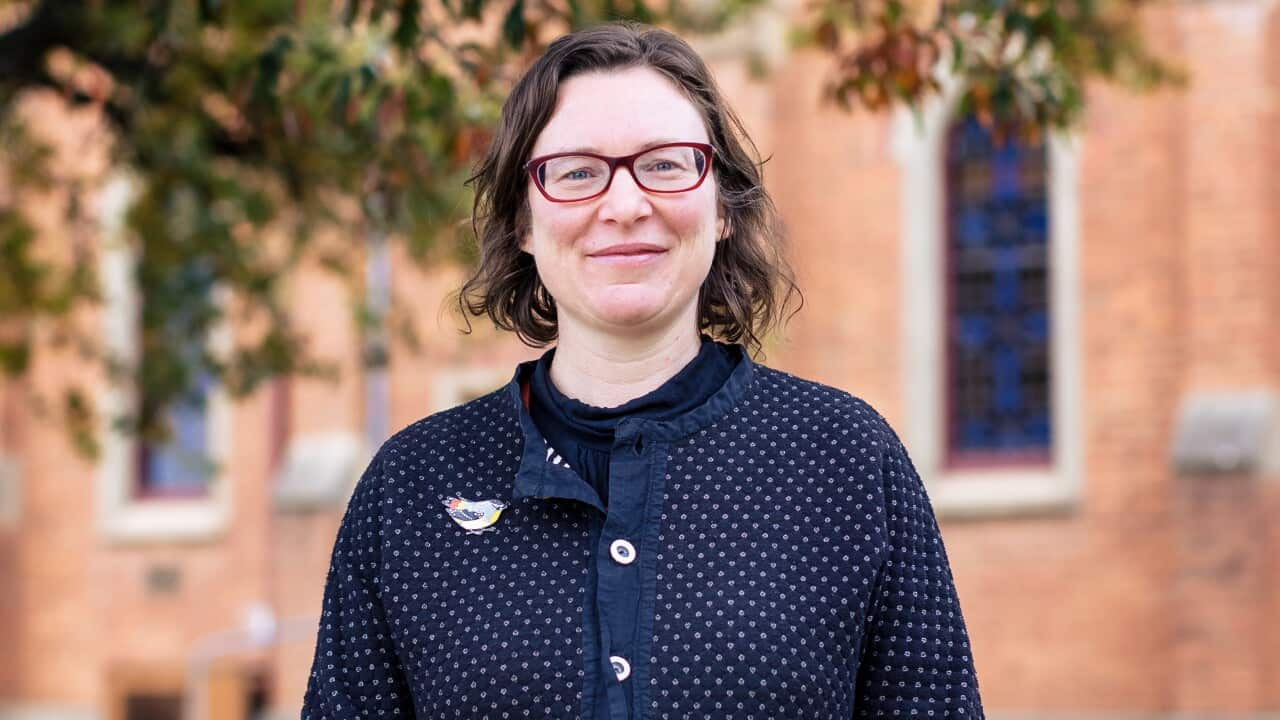
Starting climate conversations in small town Victoria
